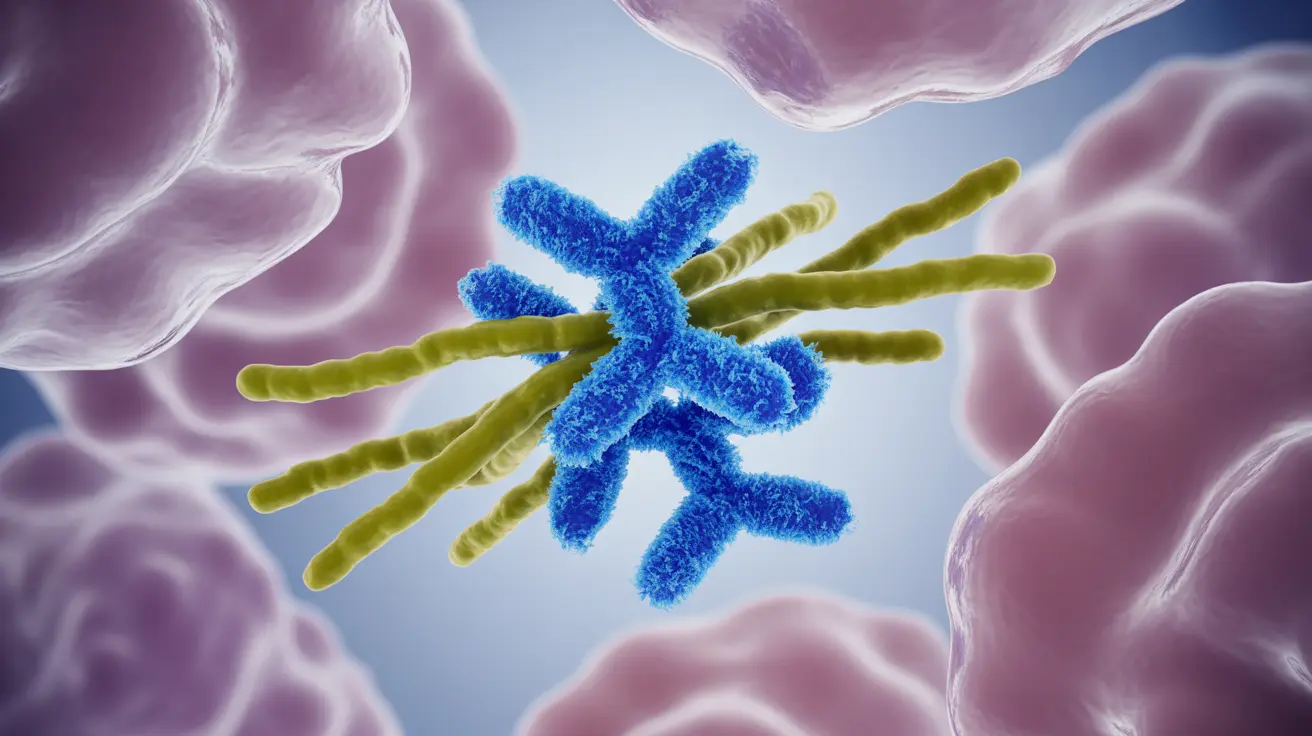While olive oil is widely celebrated for its health benefits, some individuals may experience allergic reactions to this common cooking ingredient. Understanding olive oil allergies is crucial for those affected, as it can help them make informed decisions about their diet and lifestyle choices.
This comprehensive guide explores the symptoms, diagnosis, and management of olive oil allergies, helping you understand what to watch for and how to safely adapt your daily routine if you suspect an allergic reaction to olive oil.
Understanding Olive Oil Allergies
An olive oil allergy occurs when your immune system reacts negatively to proteins present in olive oil. While relatively rare, these allergies can range from mild to severe and may affect both consumption and topical use of olive oil products.
Common Symptoms of Olive Oil Allergies
Allergic reactions to olive oil can manifest in various ways, depending on whether the exposure is through consumption or skin contact:
Digestive Symptoms
- Nausea
- Stomach cramps
- Vomiting
- Diarrhea
Skin Reactions
- Hives or rash
- Itching
- Redness
- Swelling
Respiratory Symptoms
- Wheezing
- Coughing
- Difficulty breathing
- Nasal congestion
Diagnosis and Testing
If you suspect an olive oil allergy, professional medical evaluation is essential. Healthcare providers typically use several methods to confirm the diagnosis:
- Skin prick tests
- Blood tests for specific antibodies
- Oral food challenges (under medical supervision)
- Detailed medical history assessment
Managing an Olive Oil Allergy
Immediate Response to Reactions
If you experience a severe allergic reaction to olive oil, take these immediate steps:
- Stop exposure to the allergen immediately
- Use prescribed emergency medications if available
- Seek immediate medical attention for severe reactions
- Document your symptoms for future medical consultation
Safe Alternatives
Several alternative oils can be used for cooking and skincare if you have an olive oil allergy:
- Avocado oil
- Coconut oil
- Grapeseed oil
- Sunflower oil
- Canola oil
Prevention Strategies
To avoid allergic reactions to olive oil, consider these preventive measures:
- Read product labels carefully
- Inform restaurants about your allergy
- Carry emergency medication if prescribed
- Keep a food diary to track reactions
- Use alternative oils for cooking and skincare
Frequently Asked Questions
- What are the common symptoms of an olive oil allergy and how quickly do they appear?
Symptoms typically appear within minutes to a few hours after exposure and can include skin reactions (hives, itching), digestive issues (nausea, cramping), and respiratory problems (wheezing, coughing). The severity and onset time can vary among individuals.
- How is an olive oil allergy diagnosed by healthcare professionals?
Healthcare professionals diagnose olive oil allergies through a combination of methods, including skin prick tests, blood tests for specific antibodies, supervised oral food challenges, and a thorough review of medical history and symptoms.
- What should I do if I have a severe allergic reaction to olive oil?
For severe reactions, immediately stop exposure to olive oil, use prescribed emergency medications (such as an epinephrine auto-injector if available), and seek immediate medical attention. Document your symptoms for future medical consultation.
- Are there safe alternative oils for cooking or skin care if I have an olive oil allergy?
Yes, several safe alternatives include avocado oil, coconut oil, grapeseed oil, sunflower oil, and canola oil. Always test new oils on a small area of skin or consume small amounts first to ensure no adverse reactions.
- Can people allergic to olives or olive pollen safely consume olive oil?
Not necessarily. While olive oil contains fewer proteins than whole olives, individuals with olive or olive pollen allergies should consult their healthcare provider before consuming olive oil, as cross-reactivity can occur.




